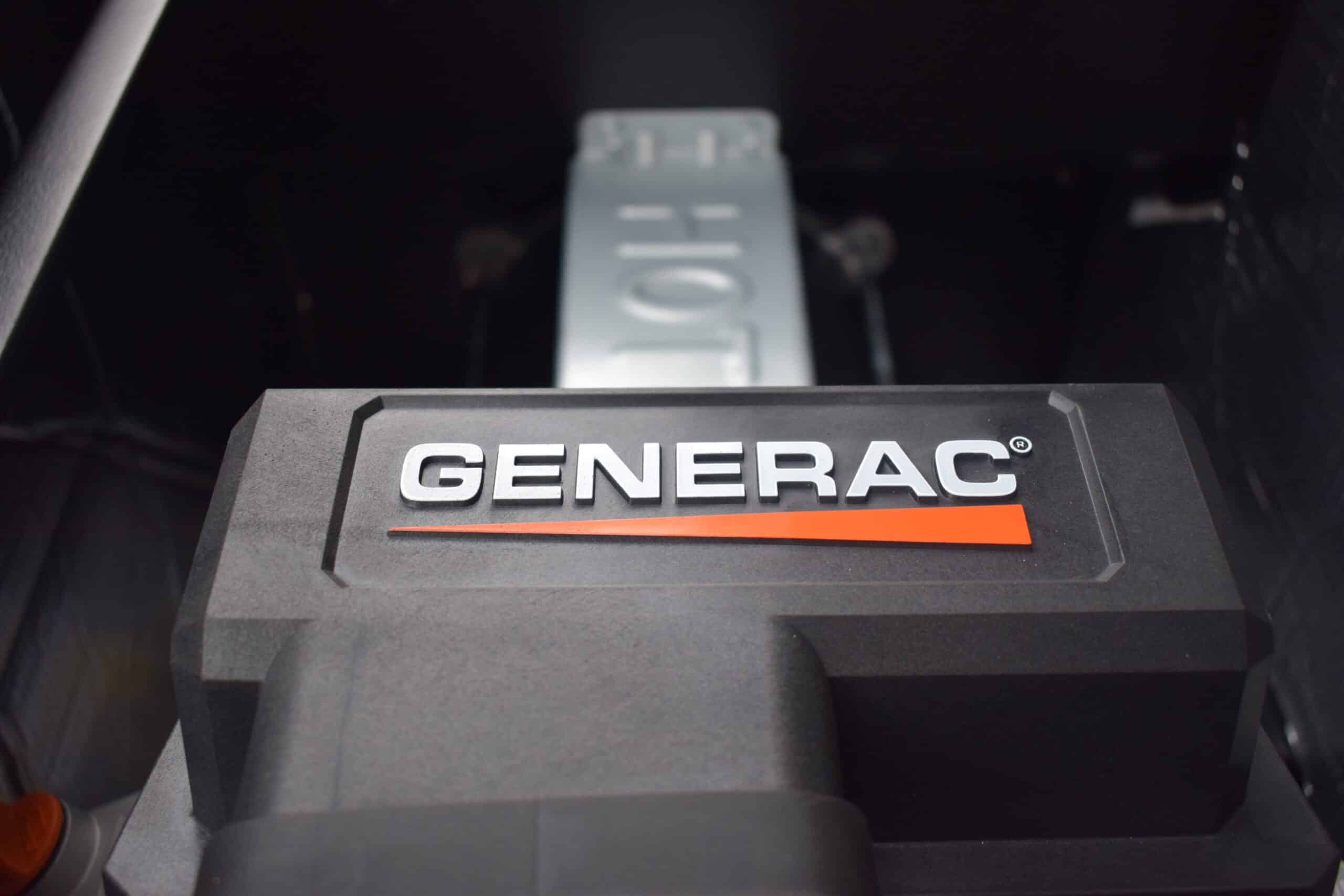No matter what area of the country you live in, natural disasters can strike anytime. Thunderstorms, hurricanes, tornadoes, and more can all become catastrophic events, and it’s always best to be prepared as a homeowner.
As severe weather becomes a greater issue, blackouts are increasingly more common. While it is easy to think of blackouts as short-lived inconveniences, during a weather emergency, a disruption in power could become dire.
Residential standby generators can power a home’s electricity for days during and after a blackout and is the perfect way to protect your home and family during an emergency.
What Is a Standby Generator?
A standby generator for your home is a backup power source that kicks on in the event of a power outage. Standby generators can be used for homes and businesses, and they give peace of mind knowing that daily activities and operations can continue even when power is lost or there is severe weather.
Many people may confuse standby generators with portable generators, but these two units are different. Portable generators are a temporary solution when power is lost, and they require gasoline to run properly. Standby generators, on the other hand, will automatically kick on when needed and can be powered by either natural gas or propane.
When severe weather strikes, having a standby generator installed in your home is the best way to ensure safety and comfort for you and your family.
How Does a Standby Generator Work?
During a power outage, standby generators automatically supply power to your home through the use of an automatic transfer switch. When electrical power is flowing normally, this transfer switch works to connect electricity from your municipal power to your home’s electrical panel. However, as soon as the automatic transfer switch detects an interruption in your electrical service, it immediately disconnects you from the municipal power.
Once your home is safely disconnected, the transfer switch activates your generator before transferring power to your home’s electrical panel. The generator’s power is produced through an internal combustion engine, which is usually fueled by the local natural gas supply. The generator can then safely run until the municipal power returns, and the transfer switch shuts the generator down and reconnects your home to the municipal power grid.
How Do I Know What Size Generator I Need?
Generators are manufactured, categorized, and sold by wattage. The higher the generator’s wattage capacity, the more circuits it can power. However, the more circuits a generator can power, the higher the cost.
To determine what size of standby generator you truly need, it is first best to decide what your electrical needs would be during an emergency. From this point, a professional electrician can help you decipher the total wattage of your emergency needs and calculate the most appropriate generator size.
4 Benefits of Standby Generators
Standby generators for your home offer a range of benefits, providing a reliable and immediate source of backup power during electrical outages or emergencies. Here are some key advantages of owning a backup power source:
1. Continuous Power Supply
One of the primary benefits of standby generators is their ability to provide continuous power to your home or business during electrical outages. These generators will automatically activate when a power failure is detected, ensuring that your systems and appliances remain functional.
2. Increased Property Value
The installation of a standby generator can enhance the value of your property. This attractive feature will not only benefit you and your family while you’re living in the home but also, if you ever think about selling, a standby generator will increase the price of your home.
3. Protection for Electronics and Appliances
Standby generators are also capable of safeguarding your sensitive electronic devices and appliances from potential damage caused by sudden power fluctuations or outages. This is particularly crucial for homes or businesses containing expensive equipment, technology, appliances, and medical devices.
4. Peace of Mind
Knowing that your home will remain powered even during a crisis or extended outage provides homeowners with peace of mind. This is especially important in areas prone to severe weather conditions, where power disruptions can last for an extended period of time.
Without electricity, your home can’t provide proper lighting, heating and cooling, refrigeration, communication, security, and, lastly, any entertainment beyond the standard human interaction.
To prepare for potential power outages, we recommend having emergency supplies, such as flashlights, batteries, non-perishable food items, and a basic first aid kit. Additionally, having alternative power sources like a standby generator or solar-powered chargers can help in emergencies.
Our technicians are factory-trained in the installation and full routine maintenance of our Generac Whole House Generators. Give us a call today at 859-549-5753 to schedule your free in-home generator estimate!


 Skip to content
Skip to content

